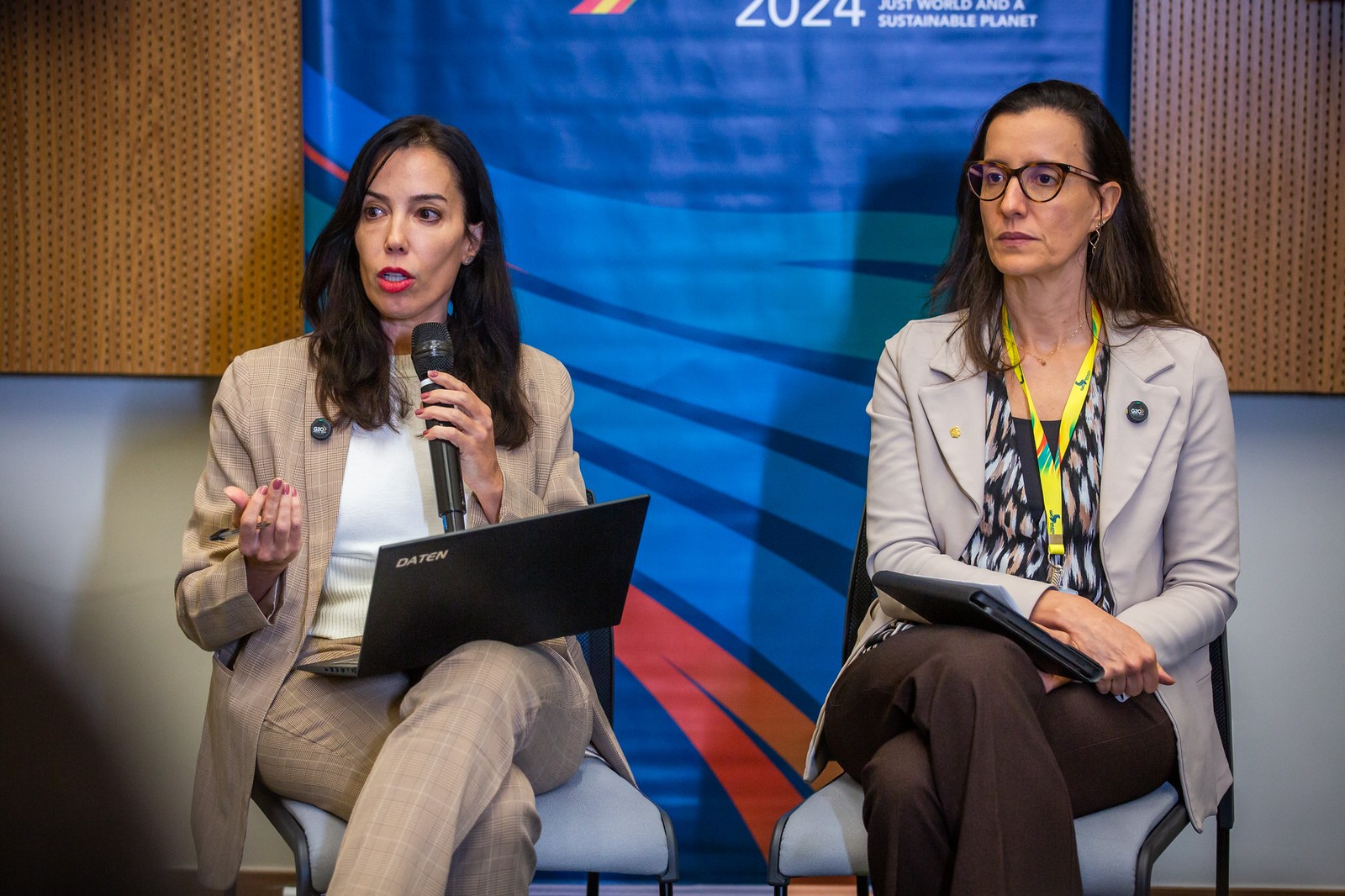At a meeting of the WG on the Global Economy, member countries of the forum agreed on the urgency of economic policies to reduce inequalities. Debates in Brasilia covered topics such as taxing the super-rich and aligning social and economic indicators to map the reality of people around the world.

The socio-economic impacts of inequality, public policies allied to economic growth and income distribution, and international cooperation to tax the super-rich. These themes were the beacon for the discussions of the G20 Global Economy working group, which took place this week in Brasilia. According to Cyntia Azevedo, deputy head of the International Affairs Department at the Banco Central do Brasil (BCB), the debate was rich and the member countries are already outlining their deliverables for the leaders' meeting in November this year.
Júlia Braga, Undersecretary for Macroeconomic Monitoring and Trade Policy at the Ministry of Finance (MF), pointed out that the countries shared their views on how inequality can be a criterion for the adoption of economic policies and, in particular, fiscal policy. Júlia explained that there was a consensus that these measures need to be geared towards sustainable growth and income distribution. "There is an understanding that inequality is an important criterion to be pursued, not just economic efficiency, but a dimension of social justice," she said.
Inequality indicators
She said that the countries also discussed the best ways to measure inequalities, taking into account their multidimensional nature. Júlia pointed out that, in order to do this, it is necessary to consider a range of indicators both from the point of view of access to education and health, for example, as well as economic criteria, including the extremes of the pyramid, from multimillionaires to the least well-off.
"The countries were able to share various examples of successful measures to reduce inequality. Progress in taxation, social protection measures, social spending in general, and the increase in the minimum wage above inflation were mentioned as important elements in reducing income inequality," said Júlia.
The experts point out that the WG has the support of international organizations to identify global indicators on inequalities, even during Brasil's mandate in the G20, and highlight the reports produced, for example, by the World Bank and the Distributive National Account initiative.
They hope that in the next presidential elections of the forum of the world's largest economies, the issue of inequality will continue to be one of the priorities for discussion. "Let this mark of putting inequality at the center of the agenda be a legacy of the Brazilian presidency," said Júlia.






